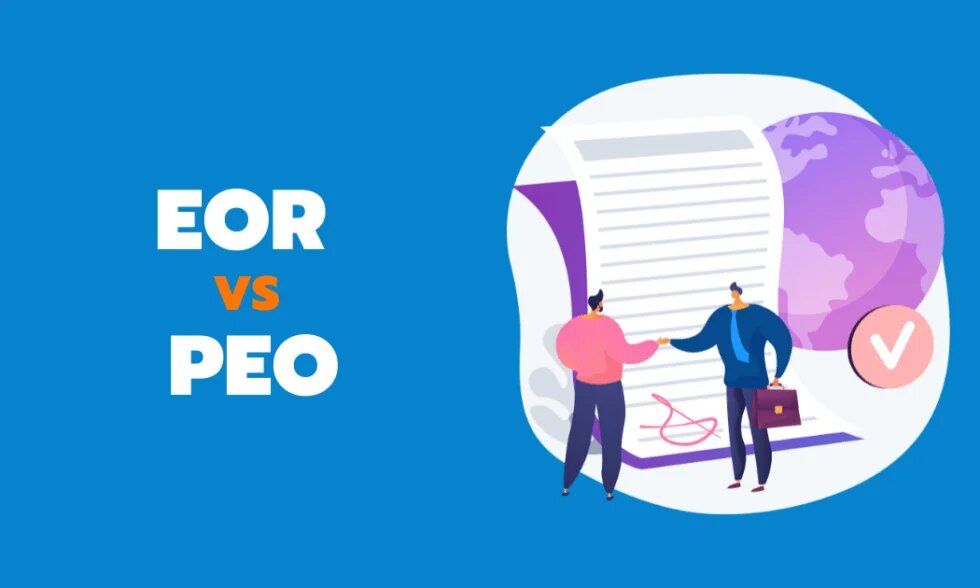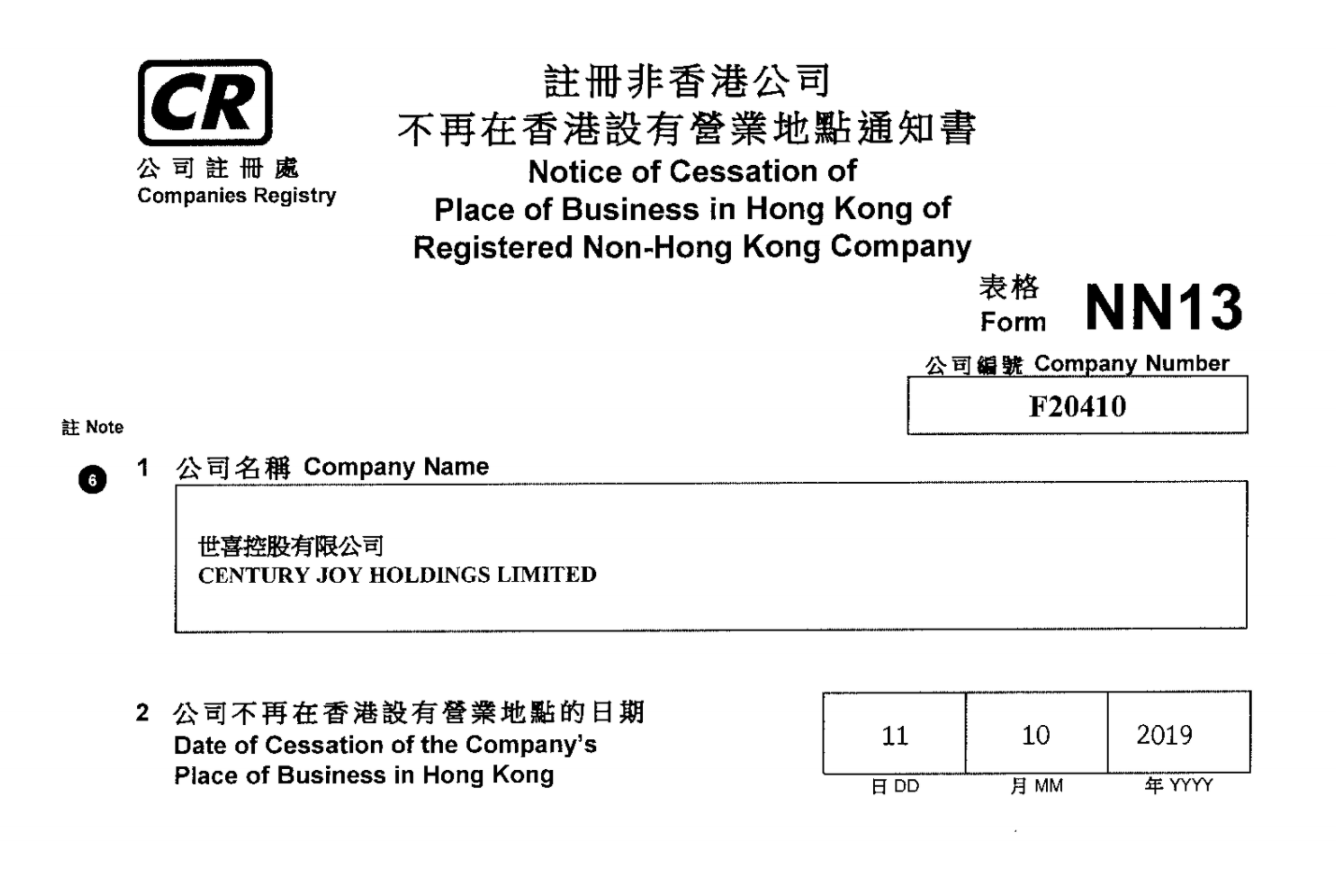EOR vs PEO: Which is Right for Your US Business?

EOR in US
Employer of Record (EOR) and Professional Employer Organization (PEO) are both solutions that can help businesses with their HR and payroll needs. However, they work differently and have different features, so it’s important to understand the differences before deciding which one is right for your business.
What is EOR?
An Employer of Record (EOR in US) is a third-party company that acts as the official employer of a business’s employees. The EOR is responsible for handling all HR and payroll functions, such as hiring and onboarding, payroll processing, and compliance with state and federal laws. In this arrangement, the business maintains control over its employees, but the EOR handles all the administrative tasks associated with being an employer.
What is PEO?
A Professional Employer Organization (PEO in US) is a company that provides a wide range of HR services to businesses. A PEO typically handles tasks such as payroll processing, employee benefits, and compliance with state and federal laws. In this arrangement, the PEO becomes the co-employer of the business’s employees, sharing legal responsibilities and liabilities with the business.
Which is Right for Your Business?
When deciding between EOR and PEO, it’s important to consider the specific needs of your business. Here are a few things to consider:
Compliance: Both EOR and PEO can help with compliance, but a PEO may be a better choice if your business operates in multiple states or has a high number of employees. A PEO can handle compliance across all states, while an EOR may only be able to handle compliance in certain states.
Benefits: A PEO can offer a wide range of benefits to your employees, such as health insurance, retirement plans, and paid time off. An EOR may not be able to offer these benefits.
Control: With an EOR, your business maintains control over its employees, but the EOR handles all the administrative tasks associated with being an employer. With a PEO, the PEO becomes the co-employer of your business’s employees, sharing legal responsibilities and liabilities with your business.
Cost: PEOs typically charge a percentage of payroll, while EORs may charge a flat fee or a percentage of payroll. Compare the costs of both options to determine which is more affordable for your business.
Conclusion
EOR and PEO are both solutions that can help businesses with their HR and payroll needs, but they work differently and have different features. It’s important to consider the specific needs of your business when deciding between EOR and PEO. While EOR is a good option if your business wants to maintain control over its employees and handle compliance on its own, PEO is best if you need a wide range of benefits and want to outsource compliance to a third party. Ultimately, the cost comparison and the specific needs of your business will help you decide which is the right choice for you.

